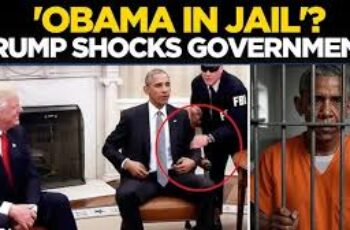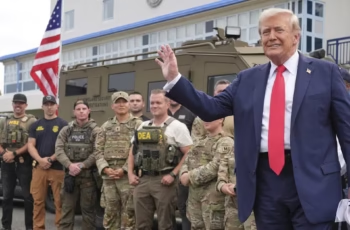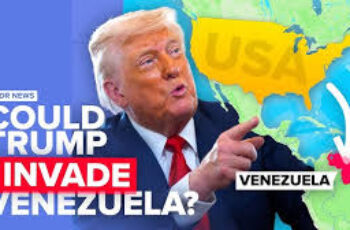A Sudden Federal Takeover
On August 11–12, 2025, President Donald Trump invoked Section 740 of the Home Rule Act to declare a public safety emergency in Washington, D.C.—despite violent crime being at a 30-year low. He announced the federal takeover of the Metropolitan Police Department, placing it under the authority of Attorney General Pam Bondi, and deployed 800 National Guard troops to the city. Trump framed the move as “Liberation Day in D.C.,” presenting it as necessary to combat surging violence—claims contradicted by official data showing crime is significantly down.
Political Backlash and Legal Concerns
The deployment swiftly ignited fierce criticism. D.C. Mayor Muriel Bowser denounced the actions as “unsettling and unprecedented,” criticizing the federal intrusion into local governance. D.C. Attorney General Brian Schwalb and other legal experts questioned the legality, arguing the Posse Comitatus Act and principles of local autonomy might limit such federal overreach. Legal scholars stressed that Trump’s authority is significantly narrower outside of D.C., where the federal government has unique oversight.
Mass Mobilization in the Streets
Protests broke out across the city immediately following the announcement. Activists and residents gathered near the White House and in key neighborhoods, decrying what they viewed as a politically motivated power grab. Keya Chatterjee of the progressive group Free DC condemned the action, saying it aimed to silence dissent rather than improve public safety. Meanwhile, longtime D.C. resident Lamont Mitchell acknowledged concerns over crime but criticized the deployment as harsh and disproportionate.
Federal Agents Flood the Capital
In addition to guard troops, federal agencies including the FBI, ATF, DEA, and others were mobilized across Washington streets. This surge led to a visible show of force with federal vehicles and personnel patrolling near national landmarks. Over 100 arrests were made in one night alone, including one for a suspected murder and several weapons seizures.
Mixed Local Response
While many civil liberties advocates viewed the deployment as authoritarian, some local officials offered cautious support. Police Chief Pamela Smith acknowledged that the additional manpower could be helpful amid an ongoing officer shortage—though the lack of clear objectives and concerns over citizens’ rights remained.
Voices from the Community
Celebrity chef José Andrés, with deep roots in D.C., spoke out against the militarization, calling it undemocratic and unnecessary. He emphasized the need for leadership rooted in dignity, not force. Local restaurants, preparing for Metropolitan Washington Restaurant Week, worried that the federal presence would deter customers—or disrupt logistics. A solidarity comedy benefit was organized to raise awareness and support groups like Free DC and migrant aid networks.
Legal Boundaries and Wider Strategy
Experts warned that this federal model cannot easily be replicated in other cities without legal complications. Unlike D.C., states have governors who control their National Guard under Title 32 authority—whereas Title 10 federal control (used by Trump here) restricts military involvement in civilian law enforcement without explicit authorization. The Pentagon, meanwhile, is considering a “domestic civil-disturbance quick-reaction force” of 600 Guard members stationed strategically for rapid deployment across the country—a costly infrastructure potentially used in future political interventions.
Symbolic Stakes and Democratic Warnings
Militarizing Washington—traditionally America’s democratic showcase—is rich in symbolism. Many observers consider the move not about crime, but about projecting power and intimidating political opposition. Bowser and civil liberties advocates warned that this erosion of local autonomy could set a dangerous precedent for the federal response to future dissent.
What Lies Ahead?
Trump’s order takes effect for 30 days, unless extended by Congress, which is highly unlikely in the current political climate.The federal presence remains in place, stirring tension between local and federal authorities. Residents and activists have vowed to continue watching and contesting the deployment’s impact—an unfolding conflict over power, safety, and democratic norms in the capital.
This episode illustrates how emergency powers can quickly blur constitutional lines and provoke public resistance. As the nation watches Washington, D.C., citizens and officials alike are grappling with whether public safety justifies federal intrusion—or if it marks a troubling chapter in the struggle for civil governance.


